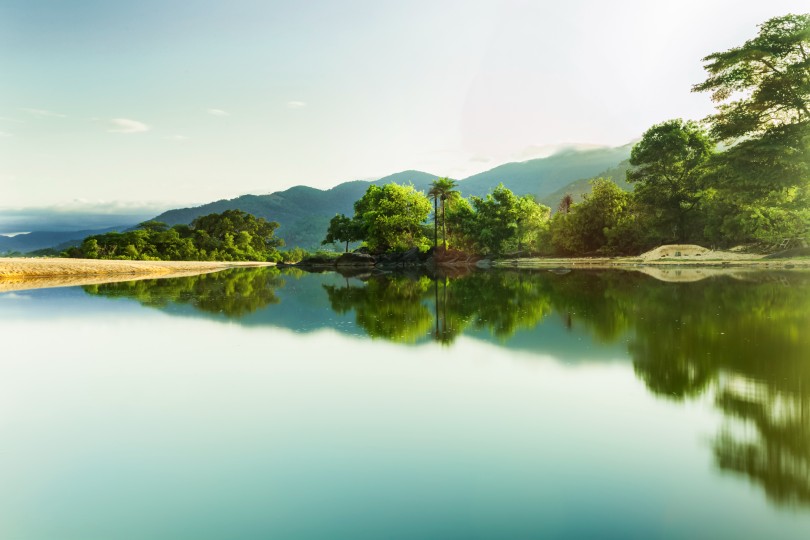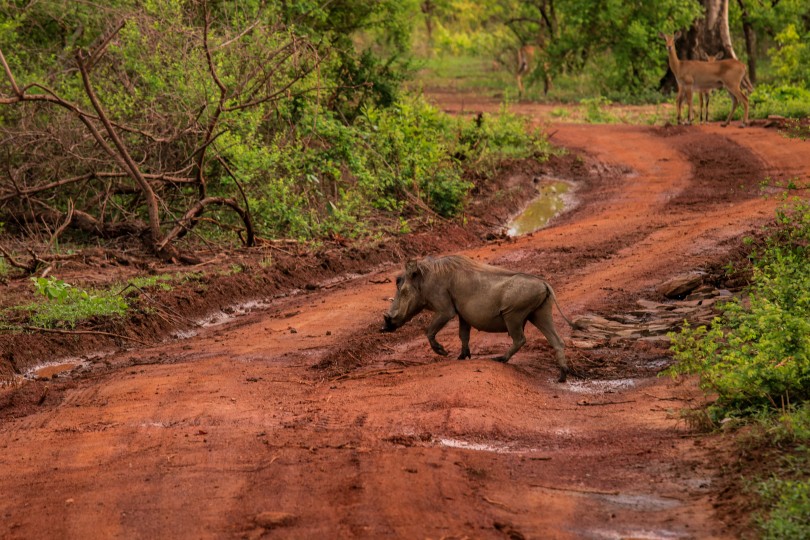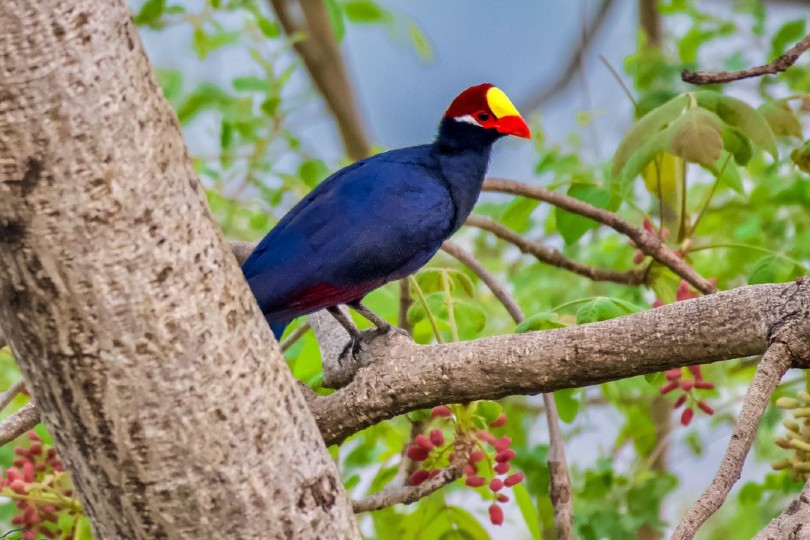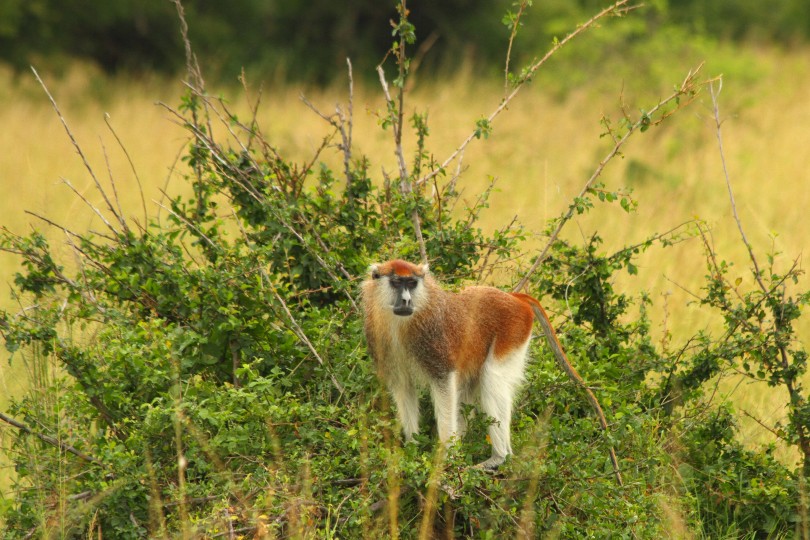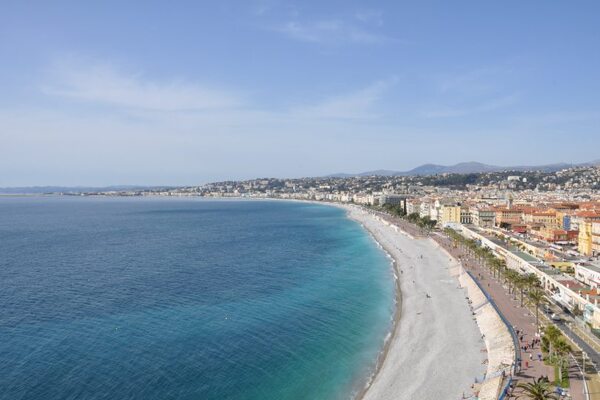New eco-tourism network to protect West Africa's wildlife
The group’s mission is to help protect the region’s natural ecosystems, flagship species, cultural features and indigenous communities, as Ola Wright, CEO of West Africa Tourism Organisation, explains

Which countries are covered by the West Africa Tourism Organisation?
Benin, Burkina Faso, Cameroon, Cape Verde, Ivory Coast, Gambia, Ghana, Guinea, Guiné Bissau, Liberia, Mali, Mauritania, Niger, Nigeria, São Tomé & Principe, St. Helena (UK oversea territory), Senegal, Sierra Leone and Togo are all covered by WATO.
The potential of these countries where tourism is concerned is immense. The interwoven, yet exotic cultures of West Africa are loaded with histories of both fading and waxing cultures that draws any visitor into its amazing world of endless learning.
Made up of various stakeholders in the region, WATO welcomes members operating any tourism-related business as well as coordinating initiatives and activities across different countries.
What are some of the success stories when it comes to eco-tourism in West Africa?
There are many hidden gems, whether boutique ecolodges, community-based tours, or environmental NGOs working in conservation. It is common to find the best eco-tourism experiences in or around protected areas, sometimes even contributing to its management.
Mognori, which translates as “river bank”, is a farming village relatively close to the south-eastern border of Mole National Park in Ghana. It is rich in the traditions of the Hanga clan. The current residents are descendants of a Moshi hunter who settled on the Murugu land before the slave raids of the 18th century. The village has become a flourishing ecotourism venture offering various activities such as canoe safaris on the Mognori river – the likeliness of seeing wildlife such as the patas monkey, green monkey, the Nile crocodile, birds and some antelope along the banks of the river is high. The community also offer village tours to learn about the production of shea butter and black soap. Visitors can overnight in the park at Zaina Lodge or they can opt for a rural homestay.
In the case of São Tomé and Principe, the PTRS (Associação de Promoção do Turismo Responsavel e Sustentavel) has partnered with the Obô National Park authority to monitor fauna and flora, provide maintenance services to trails and public areas, and help to raise awareness in neighbouring communities about the importance of the park. They also operate thematic tours in rural areas to allow visitors to learn more about organic cocoa, coffee, pepper and other spices, and have closer interactions with producers and cooperatives.
Sierra Leone’s uncrowded beaches and offshore islands are as unique as they are plentiful. Pristine tropical rainforests, mountainous topography, authentic hospitality , the resilience and the positive spirit of Sierra Leoneans are all key ingredients for a vibrant and growing tourism sector. These elements combine with its place in the world history of the anti-slavery movement as ’the land of the free’; relative proximity to major tourism markets in Europe; and long-standing relations with the United States, all position the country to capitalise on ecotourism, low-density beach tourism, and special interest travel niches. These include diaspora tourism, bird watching, sport fishing and hiking.
What are some of the challenges with promoting eco-tourism in West Africa?
Challenges are many, but the first that comes to mind is lack of visibility and communications. Eco-tourism operators are very dedicated people, with a true commitment to sustainability, but sometimes lack enough resources to advertise themselves and reach markets that are relevant to their business models.
What is the purpose of the new West Africa Ecotourism Network?
The main aim of the West Africa Ecotourism Network, WAEN, which is due to launch in November, is to bridge these gaps and promote synergies in the region to provide more visibility to this sub-sector. The network will be charged with finding ways of harmonising and improving the range of efforts in the sub-region targeted at advancing the ecotourism industry. Objectives are to identify challenges or hinderances to eco-tourism development and practice and to deliver various aspects of support that will help prevail over the multiple challenges.
Members of the network consists public and private eco-tourism operators or managers of sites and projects, coordinators of events and initiatives, as well as general tourism practitioners who play a vital role in the travel aspect of global industry activities.
Why is it so important to get the fundamentals right?
We need to create the best conditions for true eco-tourism to thrive in the region. Our natural ecosystems, flagship species, cultural features and communities are impressive, but they are also fragile assets for tourism. There is always a risk of over exploitation. It is also important to make sure operators don’t take advantage of the ecotourism “hype” to promote sometimes dubious practices and fall into what we could call “green-washing.” Eco-tourists are smart travellers and will quickly spot those who are not serious about their eco-tourism venture. Then they may share a bad impression of the destination, therefore affecting the competitiveness of others. At WAEN, we abide by a simple, yet widely accepted definition for eco-tourism, and want to make sure that core principles are shared and respected along the tourism value chain, for the good of everyone.
How can agents learn more about the West Africa region?
Through WAEN and WATO, travel agents have access to a wide variety of tourism operators and those with a focus on eco-tourism. They can also connect with operators and project managers on the ground through westafricatourism.com.
